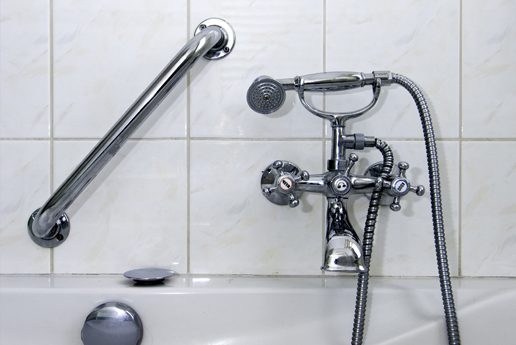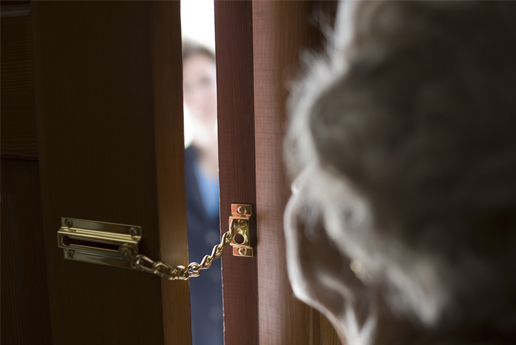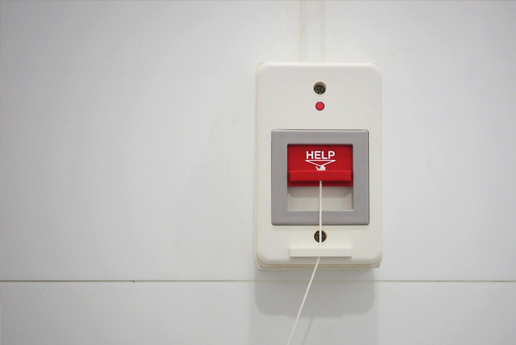Tips For Keeping The Elderly Safe
07 July | By Irene Amarante
Keeping the elderly safe whether you’re a carer, family member or friend will always be one of the top priorities when caring for an elderly patient. Whilst you may live with an elderly parent or friend or provide live in care, it’s always important that they are aware of how to keep themselves safe in the home and their surroundings. It may be that you can only provide care at certain times of day or you aren’t able to keep a watchful eye 24/7 which means that educating the elderly on how to keep safe is essential. We’ve listed the top things to consider when keeping the elderly safe, technology which can help out and some education tips.
In the Home
There are a number of ways to adapt your home for care which can help to promote independence in the home and allow the elderly to live in their own property for longer. By taking into account the below steps injuries in the home can be avoided and help to put yours and their mind at ease.
- Install handrails on doorways and in the bathroom
- Clear trailing phone or television wires and tape down if necessary
- Make sure there is enough room to move about without bumping into furniture
- Check there is enough lighting in the home and install nightlights if getting up in the dark is a cause for concern
- Keep everyday items such as cooking utensils within reach or at low levels to avoid over reaching
- Set cooking timers to ensure items don’t burn or catch fire
- Encourage spills to be cleaned up quickly to avoid slips
- Keep storage tidy to avoid unwanted items getting in the way
- Have steps ready if reaching at heights or getting into the bath is difficult
- Store medicines in pill boxes to make sure medication is taken on the correct day


Crime Prevention
Keeping the elderly safe from bogus door-to-door and telephone scams should be another priority on your list. Make sure that their home is secure and the locks on windows and doors are all in good condition.
Keep keys hidden from the view of windows and prying eyes, but make sure that they are in a memorable place for the home owner. Take extra precautions and install door chains, alarms and light sensors which can all help to protect and alert the elderly.
Technology to Help
There are now a range of technology options available which can help to keep the elderly safe and in turn alert you to any incidents or falls which may have occurred. Technology can help to reassure the elderly and you that if an accident does occur they aren’t alone.
- Make sure that you regularly test fire alarms and change the battery after a year
- Install Carbon Monoxide detectors to avoid poisoning which has symptoms which often go undetected
- Sensors to detect movement from walking or chair and bed sensors can be used to detect falls or sustained periods of no movement
- Install pull sensors in bathrooms
- Keep a panic button by the front door and around the home


Educate
Educating the elderly should be key in your plan to keep them safe at home so taking the time to explain how they can help prevent accidents and unwanted callers can help put your mind at ease too.
- Keep emergency contacts and numbers in an easy to find location
- Some phones now allow you to install medical ID with your name, DOB, health problems, medication and emergency contact numbers
- Develop a plan with your elderly patient as to what they should do in an emergency or if they are in danger
- Ensure they know how to switch off appliances, especially if they are at risk of catching fire
- Inform the elderly about door and telephone scams. Remember the rule that if it seems too good to be true it probably is
- Keep a first aid kit in easy reach

















